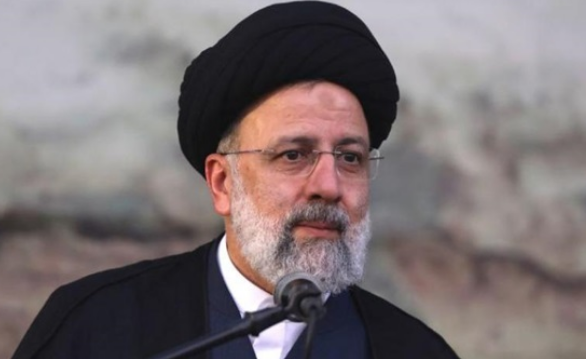Mohamed Shaat
The Iranian community in Britain is continuing its movements against the Iranian regime, as it launched a series of new activities since Saturday, August 28, to demand the opening of a United Nations investigation into the 1988 massacre of political prisoners in Iran, as members of the Anglo-Iranian communities and supporters of the National Council of Resistance of Iran (NCRI) held an exhibition to honor the memory of the 30,000 political prisoners who were executed, highlighting the involvement of new Iranian President Ebrahim Raisi in this massacre.
Calling for investigation
The Iranian community called for a UN investigation into Raisi as a first step and urged the United Kingdom to lead international efforts in this regard as part of the core group concerned with the resolution of the Third Committee of the United Nations General Assembly, noting that Amnesty International and the UN Special Rapporteur for Iran previously documented evidence that Raisi was a prominent member of the Tehran Death Committee, making him responsible for thousands of executions.
A group of UN Special Rapporteurs stressed in September last year that “the failure of the international community and the United Nations to act and hold perpetrators to account in the past 33 years has fostered a culture of impunity in Iran, led to the suffering of families and survivors, and is the main cause of the appalling human rights situation in Iran.”
The People’s Mojahedin Organization of Iran (PMOI) said in a statement, “The Anglo-Iranian communities called on the UK government to break their silence, abandon the policy of inaction, and recognize the 1988 massacre as genocide and a crime against humanity,” noting that the Foreign, Commonwealth and Development Office said in Its latest report on human rights and democracy published last July, “We will continue to hold Iran accountable on a wide range of human rights issues through the use of our membership in the United Nations Human Rights Council and elsewhere in the United Nations, through frequent contact with the Iranian government, and by working with our European partners.”
Facing repression
The Anglo-Iranian communities urged the international community and the UK to realize that the Iranian regime and government depend on brutal repression to stay in power, noting that accountability rather than dialogue will prevent systemic human rights abuses in Iran.
They said the UK should hold the regime’s leaders, including Raisi, accountable by investigating and prosecuting them for the 1988 mass extrajudicial executions, which amounted to crimes against humanity.
The Iranian community in Britain organized a march that included former political prisoners who spent more than ten years in notorious prisons in Iran and eyewitnesses to the 1988 massacre who faced the death committees, as well as many human rights and legal experts.
The community held an exhibition to highlight that these mass extrajudicial executions were in fact a state-approved campaign to eliminate organized opposition to the regime, as more than 90 percent of victims in 1988 belonged to Iran’s main opposition, the PMOI. Posters showed support for the popular movement for justice and drew attention to a letter from PMOI leader Massoud Rajavi to the Secretary-General of the United Nations at the time, urging international action to stop the massacre.








































admin in: How the Muslim Brotherhood betrayed Saudi Arabia?
Great article with insight ...
https://www.viagrapascherfr.com/achat-sildenafil-pfizer-tarif/ in: Cross-region cooperation between anti-terrorism agencies needed
Hello there, just became aware of your blog through Google, and found ...